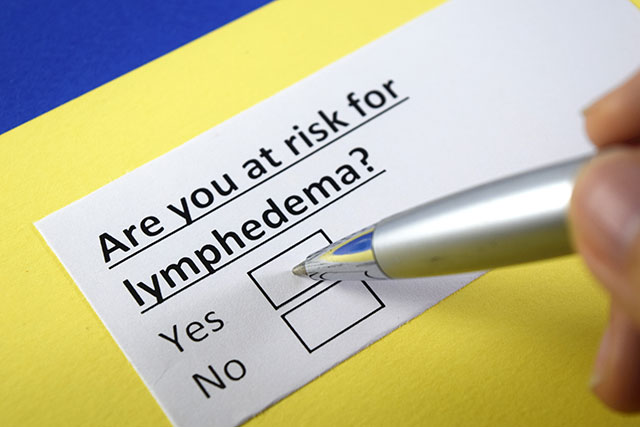Study: Acupuncture is an effective and convenient choice to reduce breast cancer-related lymphedema
07/18/2018 / By Edsel Cook

A Chinese study looked into the use of acupuncture to reduce the occurrence of lymphedema in breast cancer patients. It determined that the traditional Chinese medicinal approach could be a convenient and cost-effective way to manage the symptoms of the breast cancer-related disease.
The Guangxi University of Chinese Medicine conducted the study. Its findings were published in the medical journal BMC Complementary and Alternative Medicine.
- The study participants were female patients suffering from breast cancer-related lymphedema in one arm. Their affected arm needed to be 10 to 40 percent greater in volume than their healthy arm. The volumes of both arms served as a baseline.
- Participants were randomly assigned to either the acupuncture group or the sham treatment group. The former received the standard acupuncture regimen while the latter used Streitberger needles to give the illusion of treatment.
- Decongestive treatment was given to both groups after each session. The volumes of both arms were also measured.
- The baseline data and the measurements after the final treatment were used to calculate the absolute reduced limb volume ratio. Any negative events or changes in the quality of life of the participants were recorded and counted.
- Statistical analysis software determined the effectiveness of acupuncture. The absolute reduced limb volume ratio, negative events, and quality of life for both acupuncture and sham treatment groups were also compared.
The researchers concluded that acupuncture has the potential to complement or even replace conventional means of treating lymphedema.
Read the full text of the study at this link. Or you can read more articles about cancer-related symptoms at Cancer.news.
Journal Reference:
Zhu H, Li J, Peng Z, Huang Y, Lu X, Song L, Zhou G, Lin S, Chen J, He B, et al. EFFECTIVENESS OF ACUPUNCTURE FOR BREAST CANCER-RELATED LYMPHEDEMA: PROTOCOL FOR A SINGLE-BLIND, SHAM-CONTROLLED, RANDOMIZED, MULTICENTER TRIAL. BMC Complementary and Alternative Medicine. 2017;17(1). DOI: 10.1186/s12906-017-1980-0.
Tagged Under: acupuncture, alternative medicine, breast cancer, breast cancer-related lymphedema, cancer treatment, Chinese medicine, complementary medicine, lymph nodes, lymphedema, radiation therapy, traditional acupuncture, traditional Chinese medicines




















